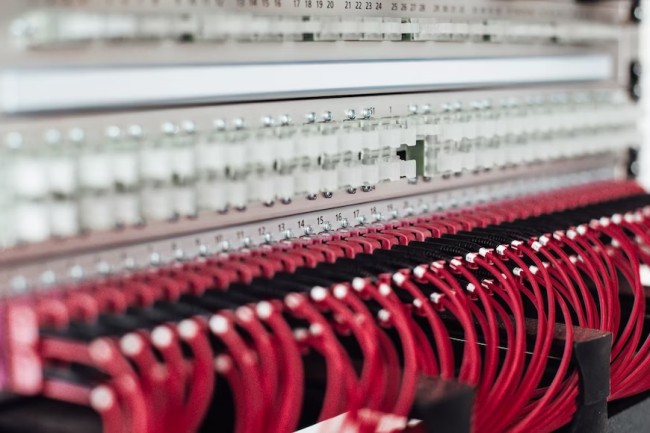
With the proliferation of high-speed Internet connections, more and more businesses are opting to host their services on servers located in data centers.
Many advantages, including adaptability in infrastructure, improved possibilities for recovery, enhanced collaborative systems, and employee mobility, might accrue to bigger businesses as a result.
However, many businesses overlook the significance of the data center’s physical location and the effect it might have on your services. In this article, we’ll discuss why it’s important to give thought to where the data center you choose and its servers are located.
Server Location Risks
The location of the data center has an impact on several risks. Such as:
1. Connectivity
The connection of your data center is one of the many things that can be affected by its physical location. The distance or quality of the networks between the users and the data center, can both contribute to increased latency if the data center’s physical location is not optimal.
This is a major issue if the data center is housing a service that has strict requirements for latency and performance.
As the amount and quality of network connections your data must travel over increase the probability of a network failure impacting your service, the data center’s physical location can also affect dependability.
For example, if your company has its headquarters in the United States, selecting a dependable US data center in close vicinity can help you minimize the delay.
2. Security
Make sure the data center is in a nation where the safety of the facility’s physical location is not in danger. If a company promises affordable hosting, but its data centers are located in a dangerous or politically unstable area, you should search elsewhere.
You must also make sure you’re protected legally. If you ever need to take legal action, it will be much easier if the provider’s data center is situated in a nation with predictable legislation.
3. Compliance
There will be different compliance rules and regulations that your business must follow depending on where your data center is physically located.
In most cases, businesses will have to comply with regulations both at home and in the nation where their data center is located. Remembering this will help ensure that you don’t have to deal with incongruent compliance standards.
4. Financial
If your servers are located in an international data center, you’ll be required to pay for the service in a currency other than your own. Exchange rate swings can drive up prices, so this is something to think about.
Now that we know what to look out for when deciding on a server’s physical location, let’s dive into the factors you should consider when choosing a provider.
Factors to Consider When Choosing a Data Center Provider
You should consider the following geographical criteria while deciding on a data center service provider:
1. Natural Disasters and Other Environmental Threats
Earthquakes, tsunamis, hurricanes, and floods are among the natural calamities that might disrupt your capacity to provide online services to your customers. Unless there’s a very good reason to do otherwise, you should opt for a host whose data center is located in a low-risk region.
2. A Secure Physical Location
In addition to being situated in a safe area, your host’s data center must have robust security measures in place to prevent unauthorized people from getting physical access to the facility.
3. Adequate Energy Sources
Approximately 35% of all unscheduled downtime is caused by power failures. Your host’s data center should be located in a region with many available power sources. In the event of a disruption to the local power grid, the data center must either have access to an alternate power source or sufficient backup power to keep operations running.
Consider the cost of energy as another factor. Even if your service provider gives you a terrific deal on servers, storage, and bandwidth, you might end up spending more on power.
4. Easy Access to Extra Infrastructure and Equipment
Your service provider needs to choose a spot with simple access to supplementary facilities and tools. In the event of an emergency, your provider should be able to rapidly and simply replace components like server racks.
5. Network Connectivity
If your hosting provider’s data center is located in an area with poor network connectivity, your services can become unavailable if and when the principal network connection goes down. Many services also rely heavily on low latency, which means you should put your data center somewhat near to your customer base.

Final Thoughts
Your company’s services, along with their safety, speed, and bottom line, might all benefit substantially from the data center you choose. When deciding on a data center, it’s essential to take its location into account.
However, there are other factors to think about in addition to physical proximity, such as regional concerns, geopolitical factors, and regulatory considerations.
